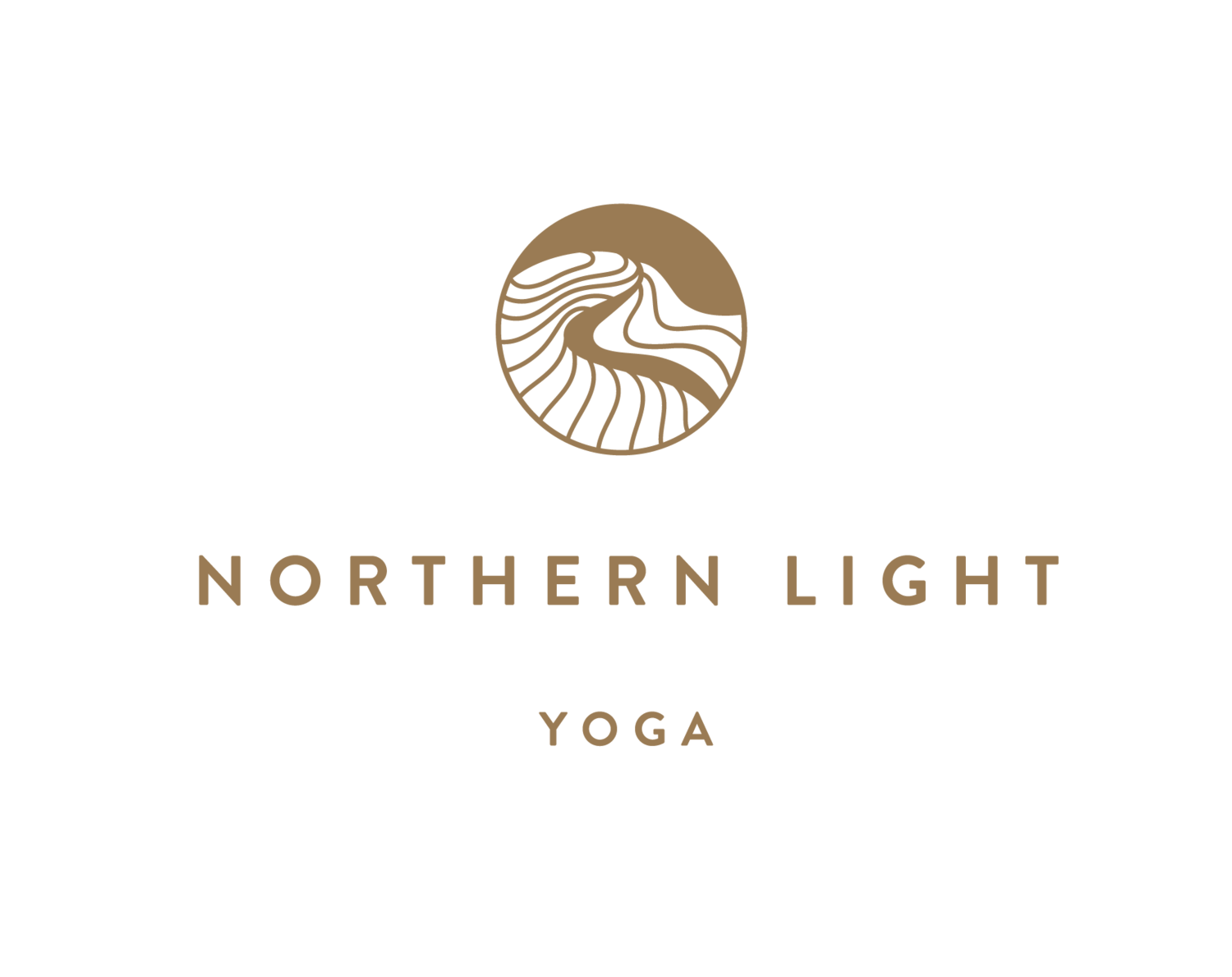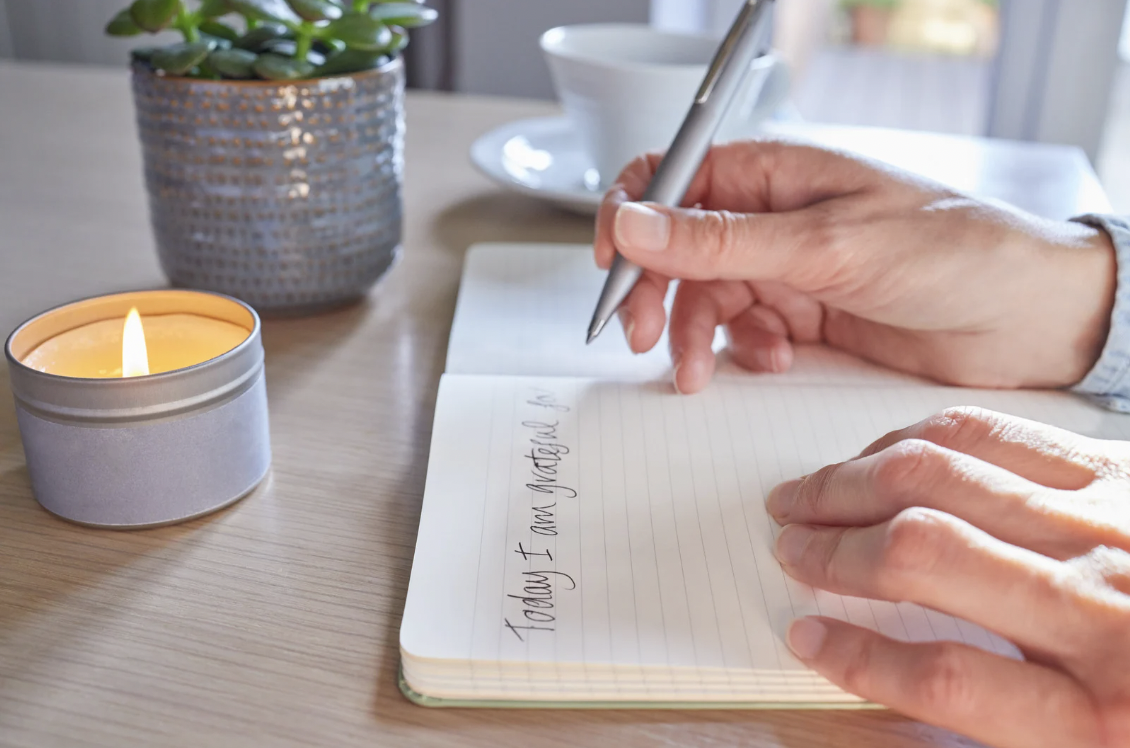The Role of Gratitude Practice in Mental Health.
Gratitude is more than a feeling; it is a practice that can transform your life.
There’s evidence that gratitude can reduce stress and anxiety and help to improve our relationship with our loved ones. What role does it play in mental health and how can you incorporate it in your daily life? Let us find out!
The Mental Health Benefits of Gratitude Practice:
Reducing Stress and Anxiety:
Practicing gratitude helps you to shift your focus from worries, stress, and anxiety to appreciation. It reminds you of the positive aspects of your life. Also, being grateful allows us to experience less envy, and anger and make fewer comparisons with others
Building Emotional Resilience
Gratitude teaches us to reframe our perspective. It helps us to focus more on the positive things we have in our life, instead of paying attention to our problems. Also, it gives us tools to recover faster from adversity.
Improvement in your relationships
Gratitude can help us to improve the quality of our relationships. Here are some benefits of a daily practice:
Reduces the stress in our relationships and creates a happier and relaxed environment between our loved ones.
Increases empathy: Gratitude teaches us to focus on the feelings of others, which can lead to more empathy and better communication.
How To Practice Gratitude Daily:
Journaling:
Journaling is an effortless way to include gratitude in your routine. You can start by having a gratitude journal. Write for 5-10 minutes a day answering these questions:
What made me happy today?
What did I learn or appreciate today?
What am I thankful for today?
These questions will help you to get a more positive perspective about life.
Include Small Gratitude Practices in Your Routine
Gratitude is easy to include in your daily routine. Some practices that you can do are:
Tell a relative or friend that you are happy for their presence in your life.
Before eating, take a moment to thank the food, the people who made it possible, and how it nourishes your body.
Place a jar at home and every time you feel thankful, write the reason on a small piece of paper, and put it inside. At the end of each month, open it and read all the good things that happened.
Practicing Yoga and Meditation
Yoga and Meditation are great practices to connect with gratitude. For example, these disciplines teach you how to appreciate and love your body for everything it does for you. It can also help to increase your self-esteem, reduce stress and anxiety, and focus on the importance of living in the present moment.
Gratitude as Part of Holistic Wellness
At Northern Light Yoga Academy, our Yoga studio in Oslo, gratitude is an important part of our approach to holistic wellness. We guide participants through Yoga and Meditation to embrace gratitude as a path of mental clarity and emotional balance. Our classes, such as Hatha Yoga, Yin Yoga, and Vinyasa Yoga emphasize Mindfulness and connection.
Join us for a free trial class and discover all the benefits that Yoga and Meditation practice has for you!
Sign up from our website here.


